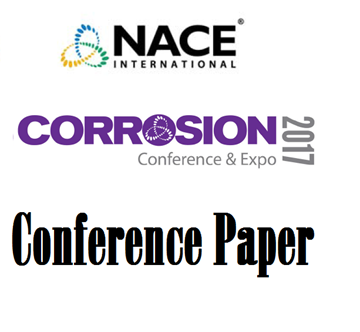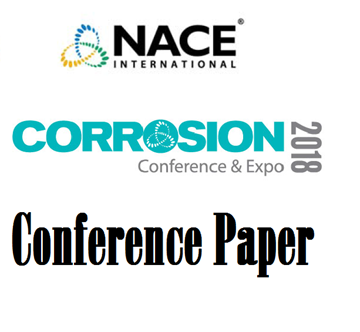Search
11066 Well Integrity and Corrosion Analysis Techniques Applied to Tubular Design and Remaining Life Extension of Gas Production Wells
Also Purchased
Integrity Management of Oil Wellheads and Flowlines Having Scaling
Product Number:
51317--9323-SG
ISBN:
9323 2017 CP
Publication Date:
2017
$20.00
51318-10655-Well Casing CP - Design Issues & Case History
Product Number:
51318-10655-SG
Publication Date:
2018
$20.00
01055 CARBON STEEL PIPELINE CORROSION ENGINEERING: LIFE CYCLE APPROACH
Product Number:
51300-01055-SG
ISBN:
01055 2001 CP
$20.00




